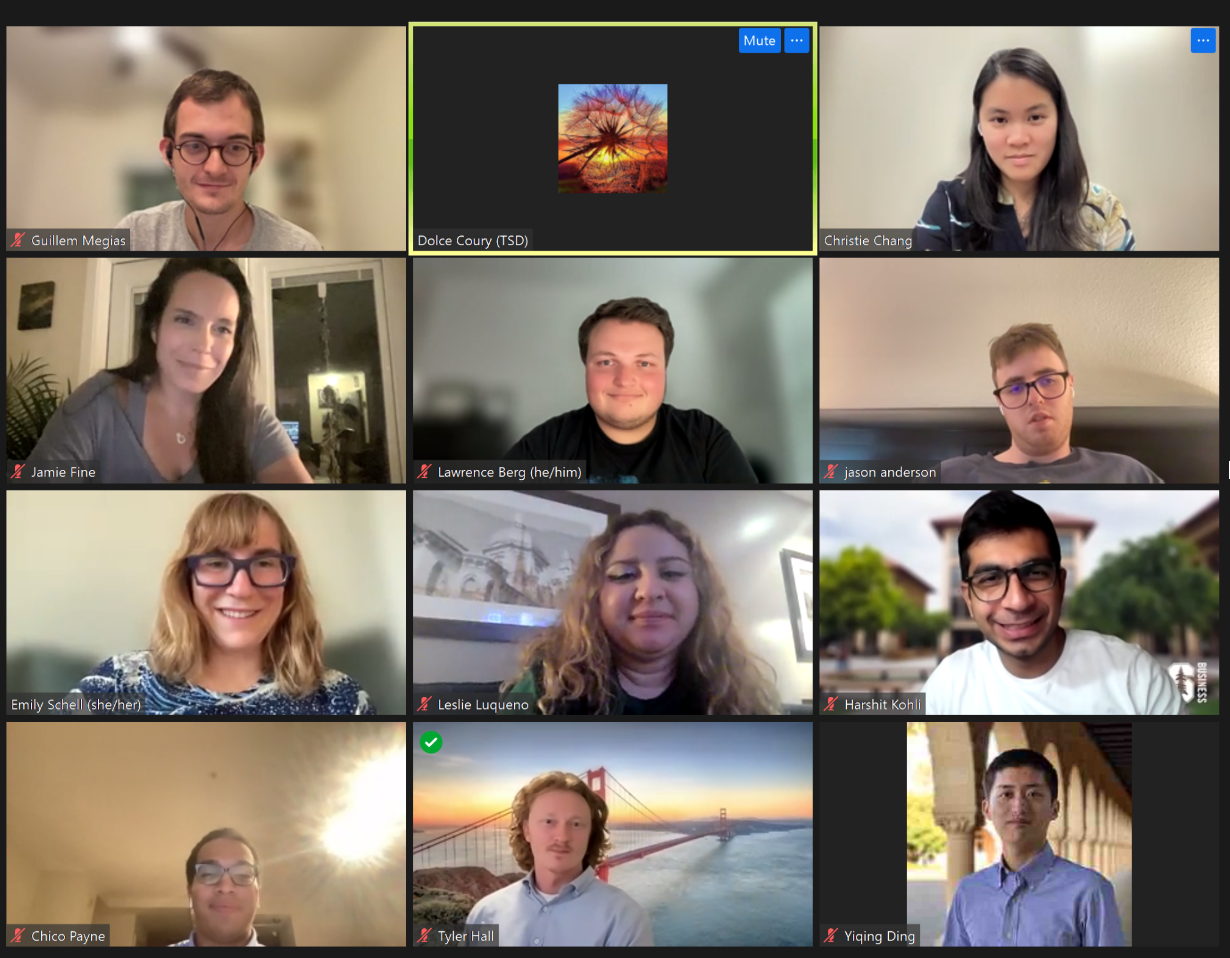Two Stanford affiliates are seeking to ensure the University is not involved with gun-related violence. Sam Cai, a predoctoral empirical research fellow at Stanford Law School, and alumnus Jens-Erik Lund Snee Ph.D. ’20 developed a proposal to shift Stanford’s investment away from companies related to firearm manufacturing. Cai and Lund Snee’s proposal aims to ensure the University is not complicit in gun violence and better aligns with their ethical investing framework.
Cai and Lund Snee said The University is tied to gun violence as an educational institution at a time when school shootings are growing increasingly prevalent and through Stanford Medicine’s role in treating victims of firearm incidents. They plan to submit a “Responsible Investing to Reduce Gun Deaths” proposal to Stanford’s Board of Trustees after collaborating with the Graduate Student Council (GSC) to gain community support.
While the proposal has not been submitted to the Board of Trustees, University spokesperson Dee Mostofi wrote that the University does “not have direct investment exposure to companies that manufacture or sell guns in this country, other than those that might be part of broad market indices, such as the S&P 500 Index,” in an email to The Daily.
Cai and Lund Snee’s proposal encourages Stanford to be more proactive in protecting its community beyond banning possession of dangerous weapons on campus.
One suggested action is an audit to identify if Stanford invests in companies that are complicit in gun violence. Because Stanford’s investment reports on guns are not shared with the public, there is no way to know if the school is investing in companies or related ones that manufacture, distribute, or sell firearms. The transparency will allow Stanford to align more clearly with its values and its mission to benefit society.
“Young people, Black people and poor people are disproportionately affected by firearm violence in this country,” Cai said. “As an institution that educates many young people and seeks to ameliorate social inequalities, Stanford has a responsibility to reflect these values through its investment practices on firearms.”
By implementing an audit alongside their gun-related investment framework, “the Stanford community and their potential donors can be confident that their university’s endowment or their donations are not contributing to the gun violence epidemic,” Lund Snee said.
Mostofi wrote that “ethical and social considerations play a central role in all of our investment allocations, as outlined in Stanford Management Company’s Ethical Investment Framework.”
The proposal includes a set of actions for Stanford to take regarding companies affiliated with firearm manufacturing for private individuals, excluding war weapons or firearms developed for the police, exercising Stanford shareholder proxy voting as the first step. The proposal also suggests that the University encourage additional background checks through companies that sell ammunition to mitigate the usage of illegally obtained ghost guns.
With Stanford’s extensive scholarship in firearm violence, Cai said he was shocked by the disparity between the school’s concrete academic research on firearm violence and the lack of Stanford’s initiatives to address the issue. “The University has a duty to lead based on the united counsel of its researchers.”
Despite contentious viewpoints on gun issues, Cai hopes the Stanford community can unite around “common sense practices” to reduce firearm violence.
The initiative tackles gun violence not as a political issue but as a public health one, highlighting “the pure harm and deaths that guns can cause,” Cai said during the July 14th Graduate Student Council meeting.
Echoing Cai, Lund Snee said that the pair are not attacking gun owners, criticizing law enforcement or the military, nor recommending divestment from guns altogether. Lund Snee said he comes from a family which owns guns and relies on them for hunting and protection. The goal is to bring companies into compliance, not punish them.
Lund Snee said his motivation for tackling gun violence stemmed from the death of a close family friend, who was murdered by someone who should have never had access to a gun. “It’s hard to state how powerless and disturbing it is for someone you know – your mom’s best friend – to be murdered suddenly by their stepson,” Lund Snee said. Perhaps if there were more regulations in gun-related companies or an auxiliary body to enforce them, violence would not be an epidemic, he said.
If the University accepts Cai and Lund Snee’s proposal, which has not yet been submitted to the Board of Trustees, it would not be the first private university to respond to gun violence through their investments. Yale University adopted a new firearm policy in 2018 to “divest any holdings in companies that manufacture or sell military-style assault rifles.”
Cai and Lund Snee plan to distribute a petition through the GSC to garner student support before presenting their proposal.
Emily Schell, who is the co-chair of the GSC and a fourth-year Ph.D. student in developmental and psychological sciences at the School of Education, said she hopes the proposal will enable the Stanford community to think about gun violence reduction in classrooms.
Schell said she was worried her students and colleagues at the School of Education could be the next victims of a school shooting. “We came into the classroom to teach, not go into a war zone,” she said.
Lund Snee said the proposal was fundamentally “a matter of Stanford protecting its own community because that is at stake here as well.”
Schell said the general perspective of the GSC on the proposal is “ to stick to our core values of protecting the safety and humanity of everyone in the learning community.”
A previous version of this article inaccurately stated that Sam Cai and Jens-Erik Lund Snee were graduate students. The Daily regrets this error.
